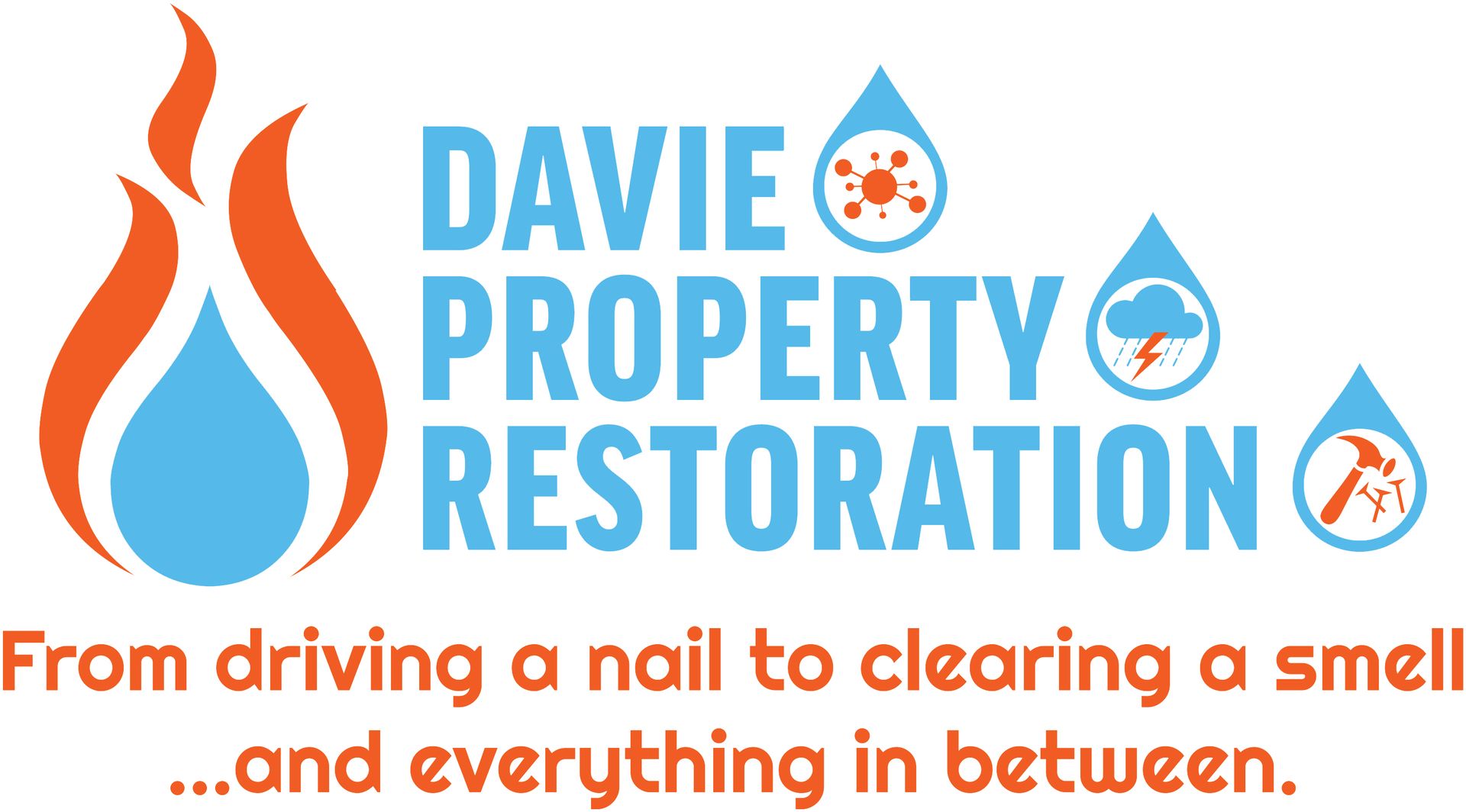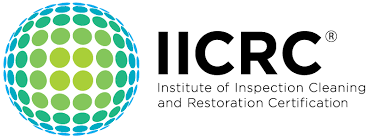FAQs
Davie Property Restoration
Is black mold the most toxic mold?
While black mold, often referring to Stachybotrys chartarum, is known for producing harmful mycotoxins, it's not necessarily the most toxic mold species. Some Aspergillus species, for instance, can produce highly toxic aflatoxins. The health risks associated with mold exposure depend on factors such as the specific mold type, exposure level, and individual sensitivity. Given the wide range of potential health effects, it's crucial to have suspected mold professionally assessed and removed to safeguard your health.What is the difference between a mildew smell compared to mold smell?
Mildew typically produces a lighter, musty scent often described as 'earthy' or slightly dusty, commonly found in damp bathrooms or shower corners. It's generally less intense and easier to address. In contrast, mold tends to emit a stronger, more pungent odor, sometimes described as sour or rotten. This is due to mold's deeper penetration into materials and its release of more spores and microbial volatile organic compounds (mVOCs). The presence of either smell warrants prompt investigation and addressing of moisture issues to prevent further growth.Do you work with insurance companies?
We are able to collaborate with the majority of major insurance providers to assist with your restoration needs.Is it safe to stay in my home during restoration?
The safety of staying in your home during restoration depends on the extent of the damage. For minor issues, it may be safe to remain. However, in cases of extensive damage or potential health risks such as mold or smoke, we might advise temporary relocation to ensure your safety and well-being.Are your technicians certified?
Our team members have received comprehensive training and hold certifications from the Institute of Inspection Cleaning and Restoration Certification (IICRC) and other leading industry organizations, ensuring their expertise in restoration services.


